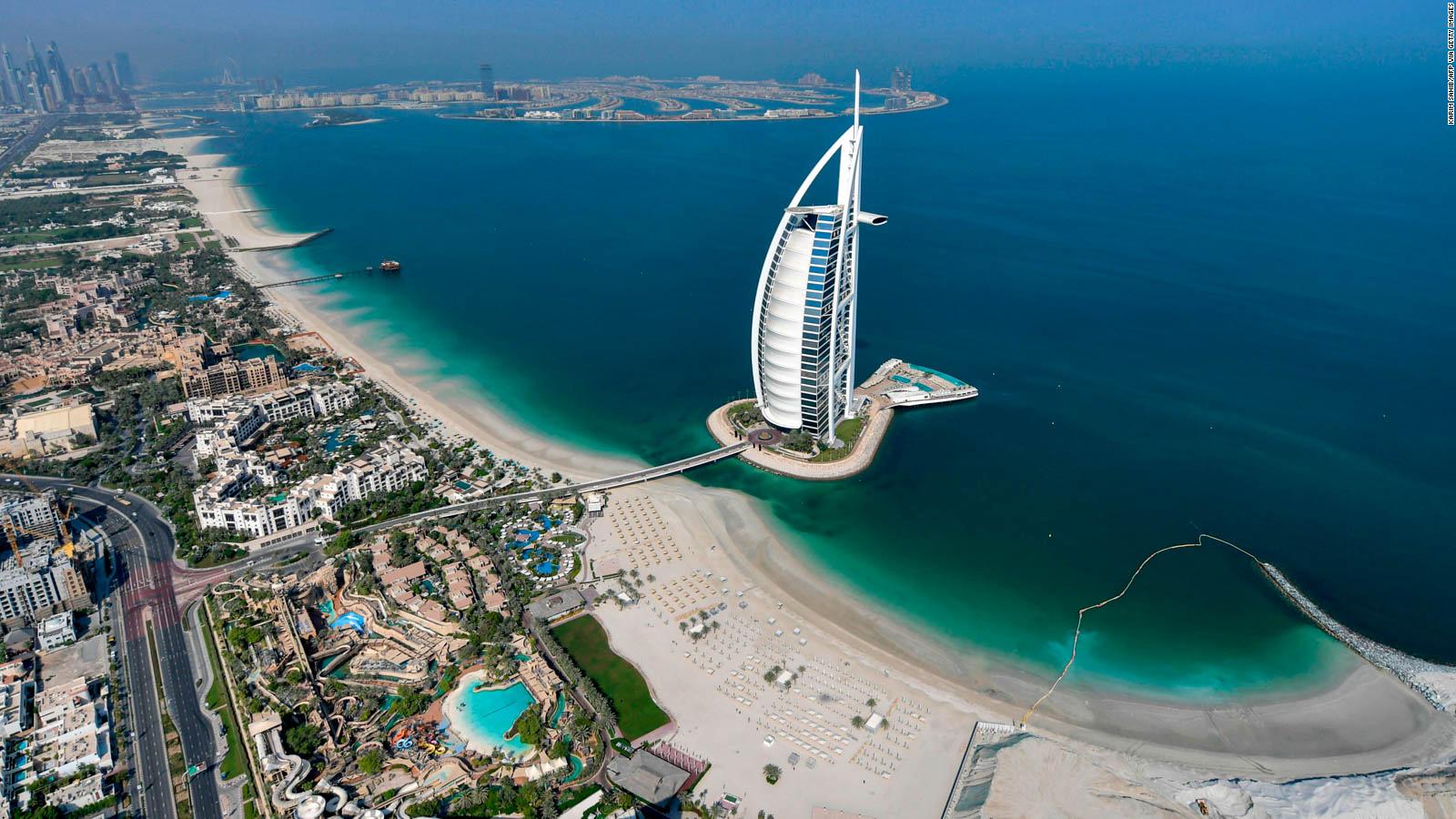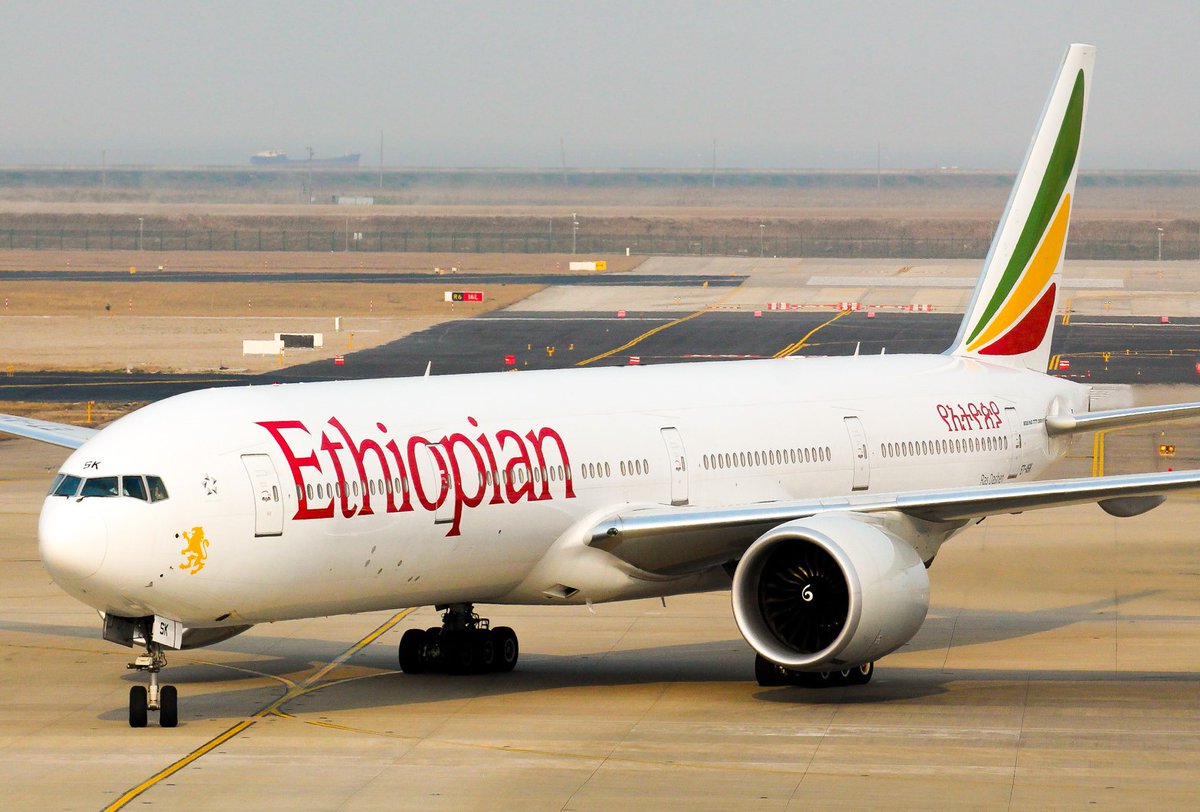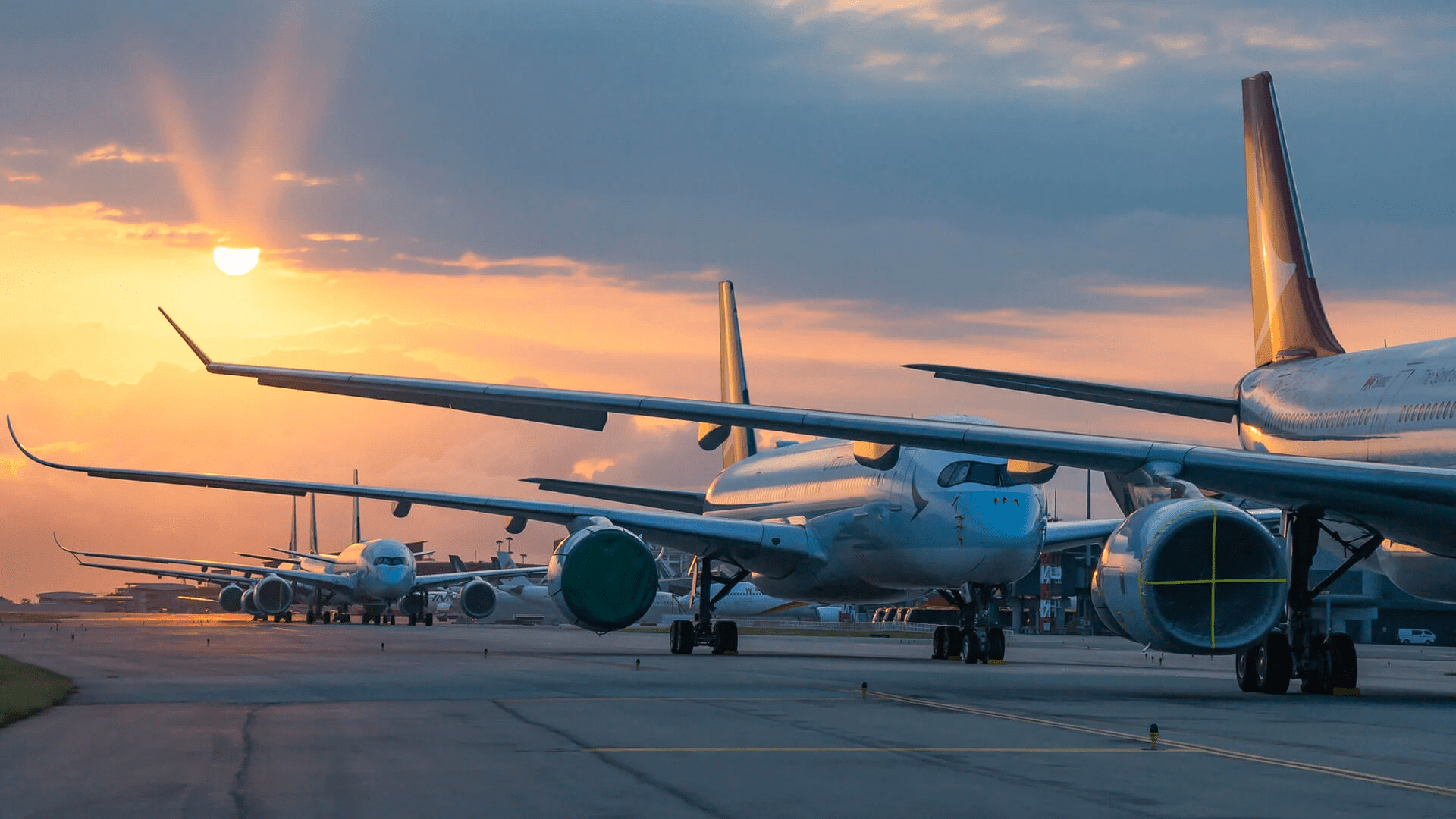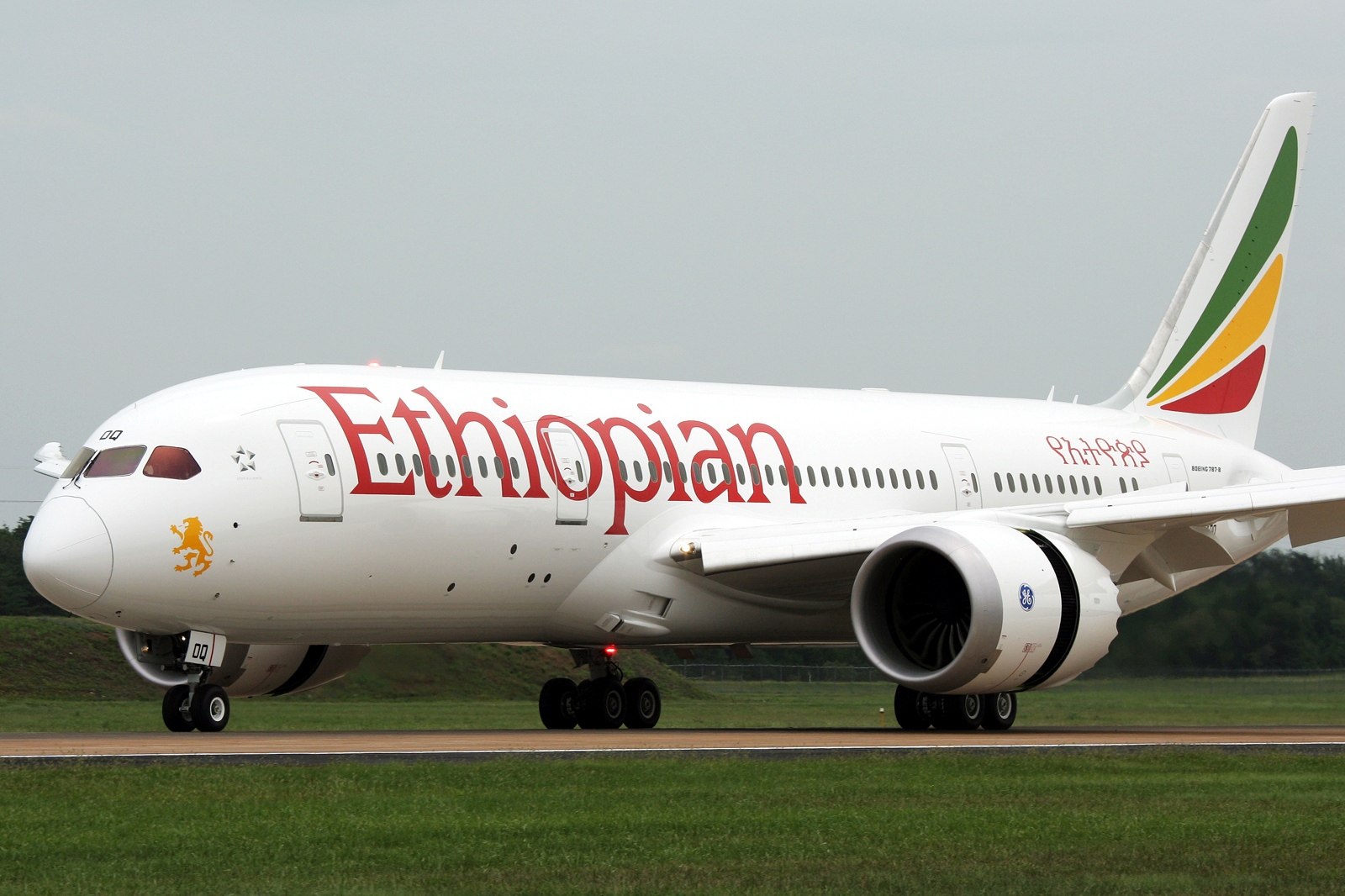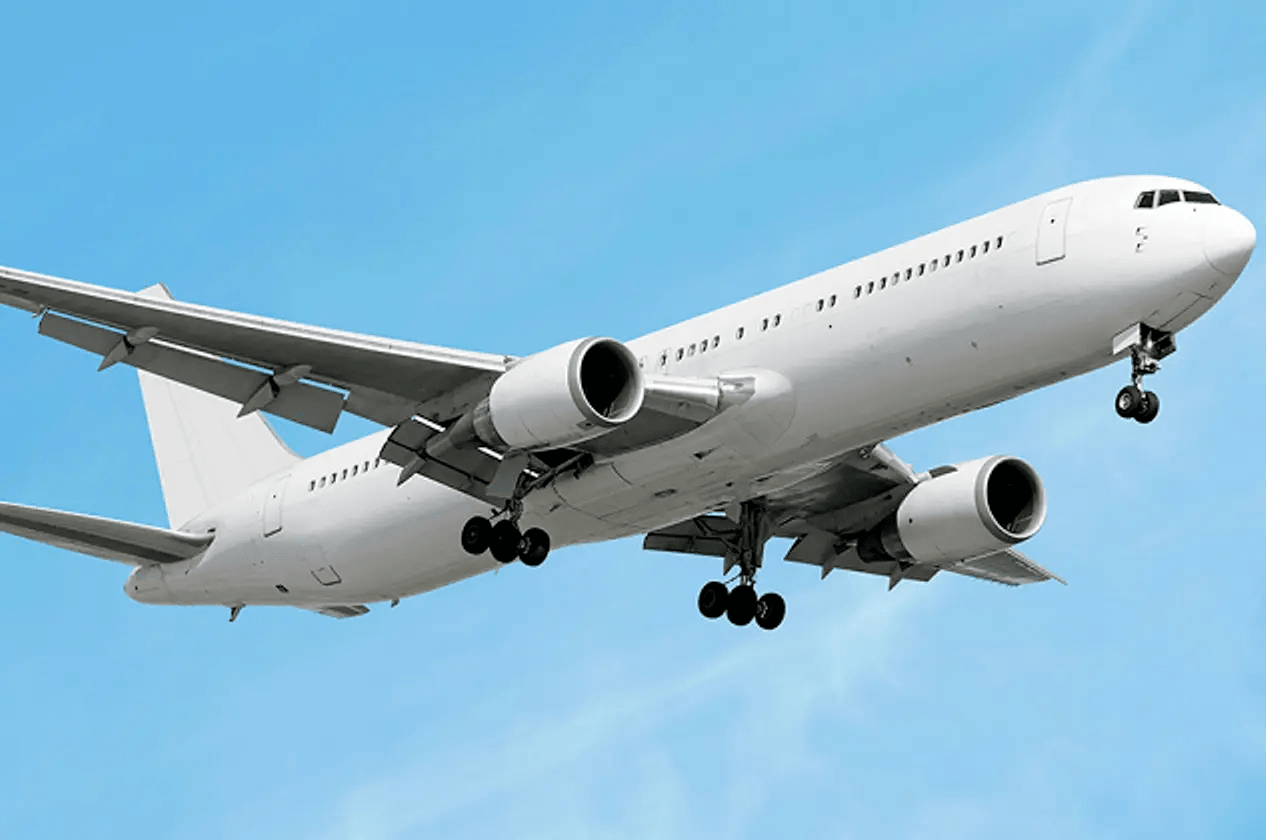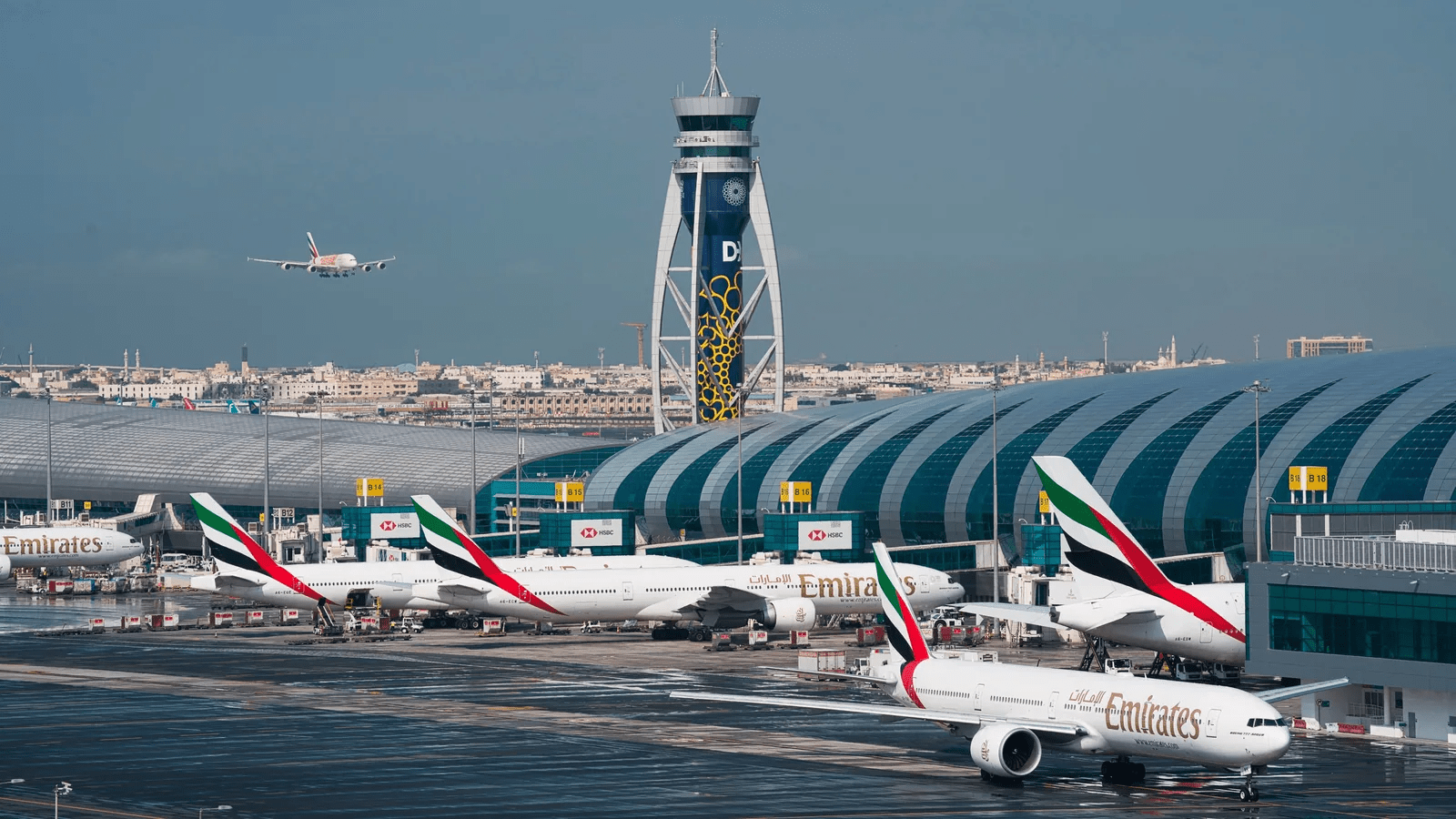To spot Africa’s path to post-pandemic economic recovery, look to the skies: no region has more to gain by making air travel and cargo movement easier, cheaper, safer and more competitive.
Through this avenue, African leaders have a tremendous opportunity to revive their economies and create jobs for their young populations, not least through the $6 of related economic activity for every $1 value commercial aviation makes.
Africa’s commercial aviation gap
Despite this potential, Africans, 17% of the world’s population, accounted for only 3% of air passenger figures in 2019 before the coronavirus outbreak. Last year, with global air travel at just 42% of 2019 levels, Africans were only 1.9% of air passengers.
Pre-pandemic, the passenger load factor and traffic for flights in Africa were the lowest in the world, reflecting both a lack of passenger confidence and affordability. Africa also ranks last regarding key “connectivity” indicators used by the International Air Transport Association (IATA) to measure the integration of countries within the global air transport network.
It shouldn’t be that way.
As a significant proportion of Africa’s road network is unpaved, air transport can uniquely connect cities and allow to flow between them key economic activity and people.
Challenges to overcome
In 2019, Africa had 352 commercial airports and 198 airlines, the Air Transport Action Group (ATAG) says. However, only 33 Africa-based carriers received Airlineratings.com safety ratings and only eight received the group’s highest rating.
Unfortunately, the pandemic isolated the African continent and weakened critical links between neighbouring countries. Businesses were cut off from key markets and consumers lost access to goods as soaring ocean freight rates prompted carriers to skip African port calls and divert ships to more profitable Asia-U.S. routes. As a result, African shipping tonnage fell 10% and countries such as Kenya lost direct connections to some foreign countries.
Even before the COVID-19 pandemic, there was broad recognition of the urgent need to pry open African air transport through sweeping deregulation. Thirty-four countries, accounting for 80% of the continent’s aviation activity, have signed up for the Single African Air Transport Market, a 2018 open-skies initiative of the African Union. SAATM aims to harmonize aviation standards, lower air tariffs, open Africa to more flights and foreign carriers and boost air cargo competition.
This initiative is a great start, which private sector actors must continue to support. Governments can no longer protect money-losing national carriers at the cost of discouraging competition and keeping ticket prices high and service quality low.
Air travel is too often seen as a privilege reserved for the wealthy and a source of tax revenue, not an economic multiplier to be expanded as a necessary public utility. Chronic under-investment means airport infrastructure is antiquated and fleets are comparatively old. Lengthy transit times and cumbersome visa requirements also add maddening delays and unpredictability to travel.
“Air travel is too often seen as a privilege reserved for the wealthy and a source of tax revenue, not an economic multiplier to be expanded as a necessary public utility.”
— Hassan El Houry, CEO, National Aviation Services
A development imperative
While commercial aviation’s economic footprint and impact are enormous, the sector’s growth-spurring potential in Africa is largely untapped. A study for ATAG found that commercial aviation contributed $63 billion to African GDP in 2019 – only about a third of what it added to GDP in Latin America and the Caribbean, a region with just 58% of Africa’s population.
In Europe, North America, Asia and, increasingly, the Middle East, the rise of low-cost carriers has boosted passenger traffic, flights, connections, carrier choices and cargo volumes. Competition has lowered ticket prices and democratized air travel. Investment in infrastructure, technology and staff training have produced tremendous gains in airport retail receipts, productivity, wages and government revenue.
All of these hold important lessons for Africa’s aviation sector.
Business travel in Africa appears to be recovering, however. The World Travel and Tourism Council (WTTC) says business travel spending was on pace to increase 36% in 2021 (the second-fastest growth rate after the Middle East at 49%) and it forecasts a 23% increase for Africa in 2022.
That boost in business travel is critical to the health of the industry because it represents a disproportionate share of spending and profits. Before the pandemic, business travellers made up around 12% of global travellers but accounted for a whopping 70% of revenue for high-end hotels and 55%-75% of airline profits, the WTTC says.
African governments and private sector actors in aviation must harness this momentum to make needed changes and accelerate the industry’s growth.
In addition to being a bridge to markets, investment, technology and talent, aviation is what will knit African economies together for mutual gain. For Africa to soar, it needs aviation.
Source: World Economic Forum


